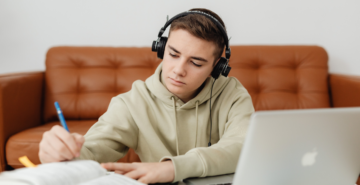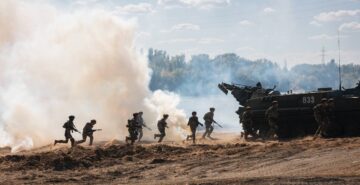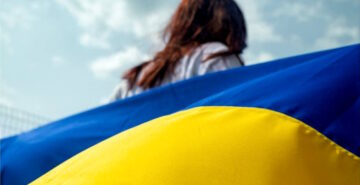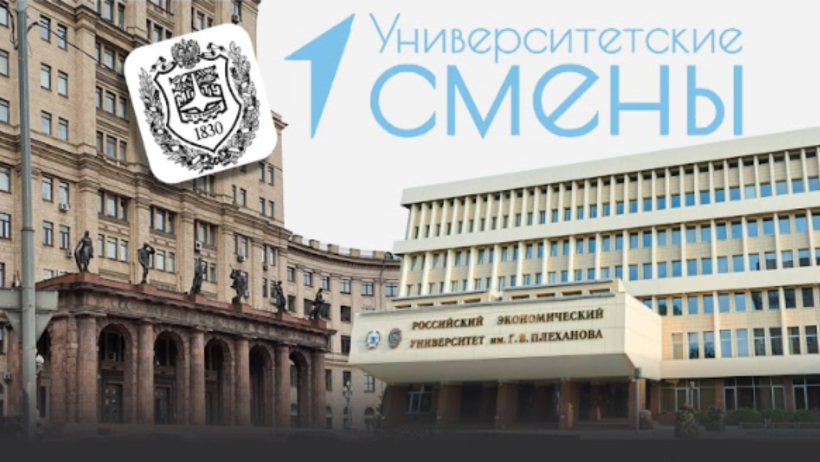

University sessions: Bauman Moscow State Technical University and Plekhanov Russian University of Economics
With the beginning of the Russian-Ukrainian war in 2014, the Russian Federation initiated a process of systematic eradication of Ukrainian identity in the temporarily occupied territories of Ukraine (hereinafter referred to as TOT). It pays particular attention to work with Ukrainian youth and children, creating movements and organisations such as “The Movement of the First”, the militaristic “Young Army”, and organising propaganda contests and events funded by the Russian state budget. And after the full-scale invasion in 2022, the Russian Federation has been openly developing and implementing special educational programmes for Ukrainian children aimed at their Russification. One of these is the “University Sessions” programme (hereinafter referred to as the Programme, “University Sessions”).
The implementation of this particular programme, which is used to indoctrinate children, is the subject of this series of investigations. Our investigations are aimed at showing that the Kremlin’s actions aimed at the eradication of Ukrainian identity and the Russification of children from the TOT are deliberate, complex and consistent.
So, what is a University Session?
University session is a short-term relocation of children of senior school age from the temporarily occupied territories (parts of Kherson, Zaporizhzhia, Donetsk, Luhansk and Kharkiv regions) to higher education institutions of the Russian Federation in order to create conditions for the eradication of children’s Ukrainian identity through participation in cultural, educational, propaganda, militaristic and other activities.
The Programme was launched a few months after the full-scale invasion, and since June 2022, the “University Sessions” has already involved more than 20,000 Ukrainian children aged 12 to 17. It engaged 81 universities from 47 Russian regions. The “University Sessions” required significant funds, and according to rough estimates, more than 500 million rubles (over $6 million) were spent in 2022 alone. The implementation of the”University Sessions” programme involved the Ministry of Education, the Ministry of Science and Higher Education, the Federal Agency for Youth Affairs (Rosmolodezh), the Russian Movement of Children and Youth “The Movement of the First” and many regional ministries, departments, institutions and organisations, including the so-called authorities and institutions in the temporarily occupied territories. The “University Sessions” implementation was overseen personally by Russian President Vladimir Putin and was discussed at the highest levels of the occupier country’s government.
The standard University session lasts 10 days. The exchange programme is developed by Russian higher education institutions and includes invariant and variable parts, divided into 6 mandatory modules: educational, cultural and patriotic, advanced, sports, excursions, and recreation. A prerequisite for the “University Sessions”programme is a patriotic orientation (towards Russia). Higher education institutions work with children, using psychological interventions to help them implement a programme aimed at shaping Russian identity and promoting Russian youth movements.
The Russian Federation’s implementation of the “University Sessions” violates international law, in particular the 1989 Convention on the Rights of the Child, Article 49 of the Geneva Convention relative to the Protection of Civilian Persons, and Article 43 of the Hague Rules.
According to the organisers’ plan, the leading universities of the Russian Federation should be the implementers of the Programme, including the “champions” of Russian science – the Bauman Moscow State Technical University (hereinafter referred to as MSTU) and the Plekhanov Russian University of Economics” (hereinafter referred to as Plekhanov University of Economics, RUE).
University Session: Bauman Moscow State Technical University
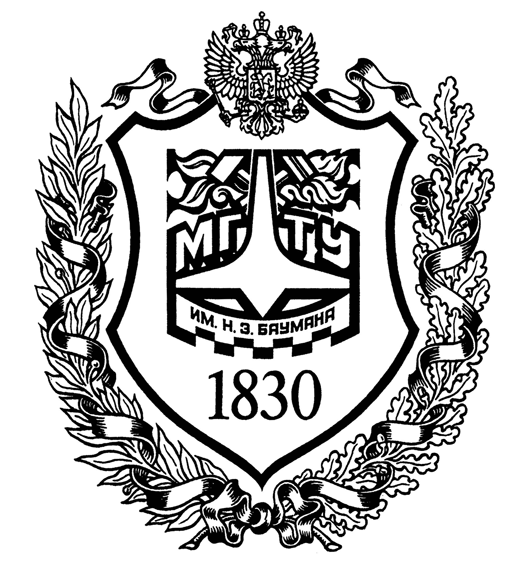

Official name – Federal State Budgetary Educational Institution of Higher Education “Bauman Moscow State Technical University (National Research University)”
Location – Russian Federation, Moscow, Baumanskaya 2-a, building 5, section 1
Year of foundation: 1830.
Official website – https://bmstu.ru
Number of students – more than 31,000 undergraduate and postgraduate students
Rector – Mikhail V. Gordin (Russian: Гордин Михаил Валерьевич)
Structure – 3 branches, 19 faculties, more than 130 departments, 23 research and development centres
International cooperation – more than 100 agreements concluded with countries such as Turkey, Japan, Portugal, UAE, France, Finland, Germany, Slovakia, Bulgaria, Mexico, Latvia, Canada, Italy, the United Kingdom and others.
Sanctions imposed – 09.06.2022 by Ukraine and 02.11.2023 by the USA
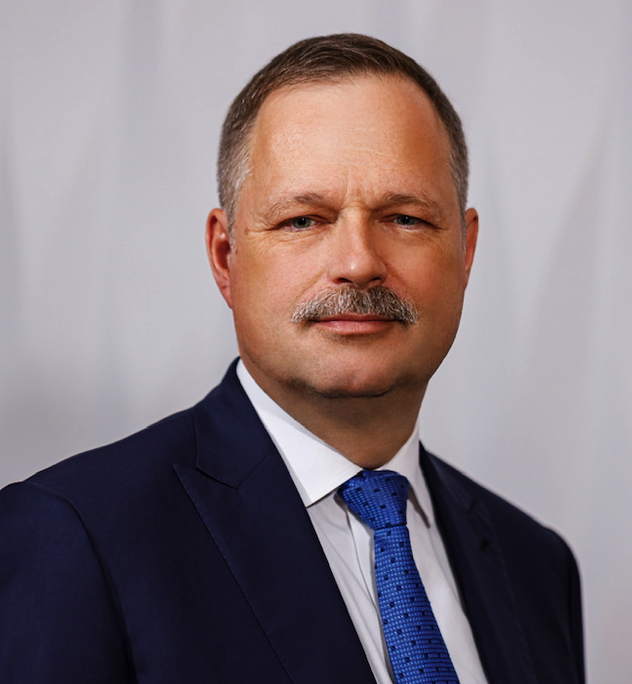

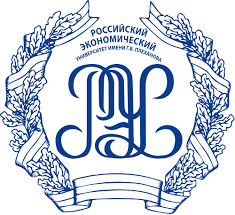

Official name – Federal State Budgetary Educational Institution of Higher Education “Plekhanov Russian University of Economics”. Official website – https://www.rea.ru/
Location: 36 Stremyanoy lane, Moscow, Russian Federation, 115054, Moscow, Russia Year of foundation: 1907
Number of students – more than 26 thousand students study at the Moscow campus of the Russian State University of Economics, the teaching staff – more than 1700 people
Rector – Ivan V. Lobanov (Russian: Лобанов Иван Васильевич)
Structure: 15 branches, 12 faculties, over 60 departments, innovation centre, student business training, centre of situational analysis and forecasting of Russia Economy
International cooperation – declared with countries around the world, in particular countries such as Bulgaria, Bosnia and Herzegovina, Brazil, Germany, Denmark, Spain, Italy, Canada, Austria, France, Netherlands, Latvia, Argentina, Portugal, Norway, Finland, Belgium, Croatia, Czech Republic, Japan, Estonia, Switzerland, Slovakia and others.
Sanctions imposed – 19.10.2022 by Ukraine
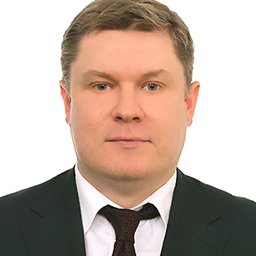

What happened at the “University Sessions” in MSTU and RUE?
Since 2022, MSTU and RUE have been actively participating in the eradication of the identity of Ukrainian children, laying in the “University Sessions” programme an information and propaganda component for imposing the feeling of belonging to Russia on Ukrainian children, creating conditions for their integration into the Russian educational and public space in every possible way, in particular:
- on the basis of Bauman Moscow State Technical University, Ukrainian children were given excursions that were popularizing Russia, symbols of the Russian Federation were distributed as souvenirs. The RUE also did not miss the opportunity to popularize the symbols of the Russian Federation and the USSR for children from the TOT during excursions. In the photo, children pose with souvenirs with the emblems of the Russian Federation and the USSR, the colors of the Russian flag.
- Within the framework of the “University Sessions”, both in the MSTU and in the RUE, there were held events dedicated to the all-Russian public-state movement of children and youth “The Movement of the First” (Russian – Общероссийское движение детей и молодёжи «Движение Первых»). The purpose of these activities was to popularize this movement and attract new members from among children from the TOT of Ukraine. While the main values of “The Movement of the First” are “patriotism and historical memory,” as well as the so-called “serving the Fatherland” (interpreted as “Everyone prepares themselves to serve the Russian Federation and take responsibility for its future”). It is no accident that on 20.09.2023, Canada imposed sanctions on the all-Russian public-state movement of children and youth “The Movement of the First” for involvement in the illegal and violent mass displacement of Ukrainian minors and Russian disinformation supported by the Kremlin.
- for children from the TOT of the Luhansk region, activists of the Plekhanov student patriotic club RUEPATRIOT held a thematic evening “I am a citizen of Russia,” practically aimed at replacing the Ukrainian identity with Russian. The lesson was devoted to the study of the symbols of Russia, where special attention was paid to the flag, anthem, coat of arms, the post of President of the Russian Federation and the Constitution of the Russian Federation.
- In an appeal to children from the TOT, the rector of MSTU M. Gordin openly speaks about imposing on children a sense of belonging to the Russians:
“We tried our best to show that you are part of us. I wish you to remember this trip as an important event in your life.”
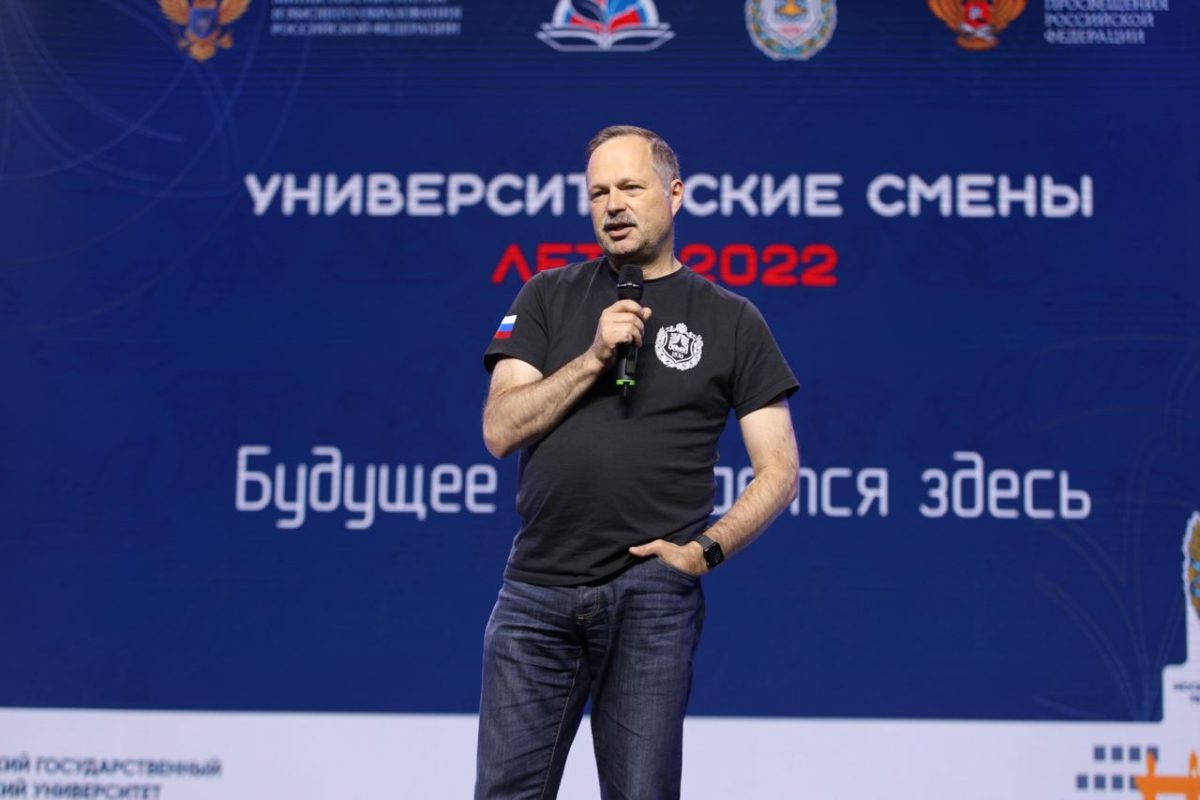

Moreover, there are not only attempts of the Russian Federation to integrate Ukrainian children into Russian society, but also attempts to militarize them in order to form a loyal attitude to the aggressive actions of the Russian Federation, as well as to interpret military actions on the territory of Ukraine in accordance with the Russian ideological component: RUE conducted team games, trainings and sports relays for children with TOT, as well as sightseeing tours around Moscow, including trips to Roscosmos and Patriot Park. The selection of places for excursions confirms the pursuit of the hidden goal of sessions: the Patriot park was created in 2014 according to the order of the Minister of Defense of the Russian Federation S. Shoigu. The park demonstrates equipment of all types and kinds of troops, expositions on military themes, and tactical games. The entertainment programme in the park “Patriot” included: passing the obstacle course, riding mini-tanks, throwing cold weapons, shooting from pneumatic and combat weapons, military simulators. The park also has an exhibition dedicated to the so-called SMO (war of the Russian Federation against Ukraine), “which presents captured weapons and military equipment, including ones from the United States and other NATO countries.”
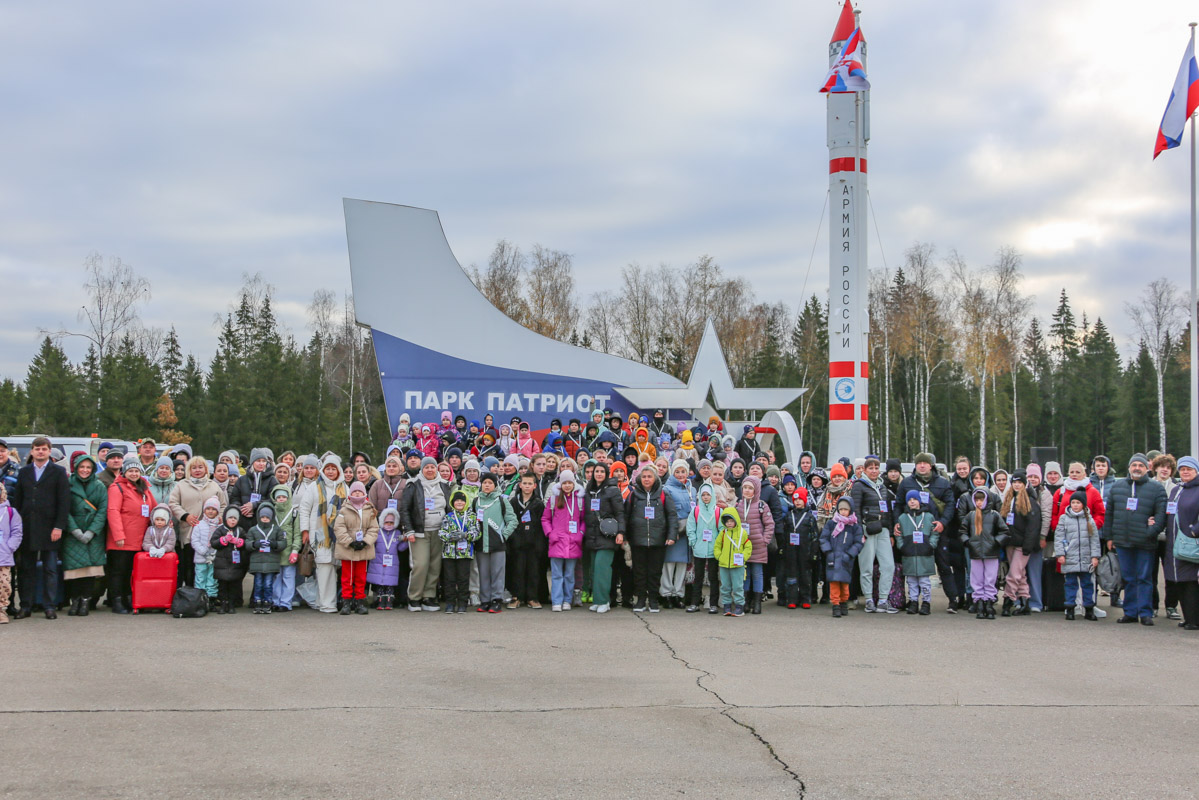

- The rector of the RUE I. Lobanov personally notes that the events organized for children from the TOT as part of the “University Sessions” are aimed at studying the history of Russia and Moscow in particular, and all excursions and classes are aimed at studying the culture, traditions and customs of Russia.
The fact that the process of re-education and changing the identity of Ukrainian children is a deliberate policy of the state is evidenced by the involvement of Russian officials in these activities, who in every possible way pay attention to supporting “children from new regions of Russia.”
In particular, it is known that the Minister of Science and Higher Education of the Russian Federation Valery Falkov attended the meeting at MSTU with children from the temporarily occupied territories of the Luhansk and Donetsk regions and personally presented preferential terms for admission to Russian universities for children from the TOT of Ukraine.
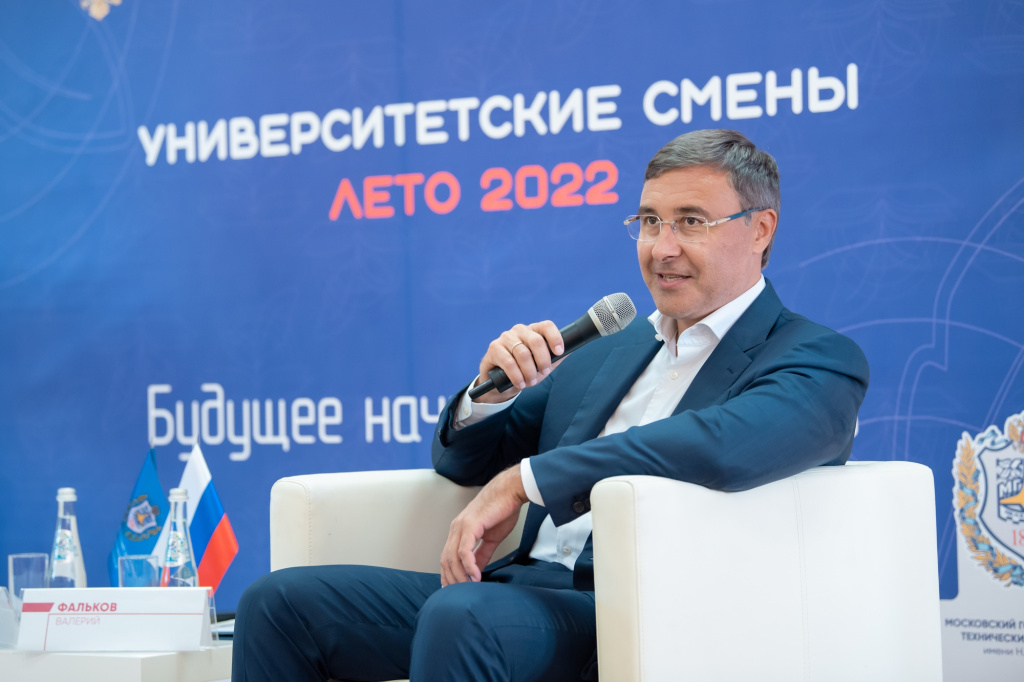

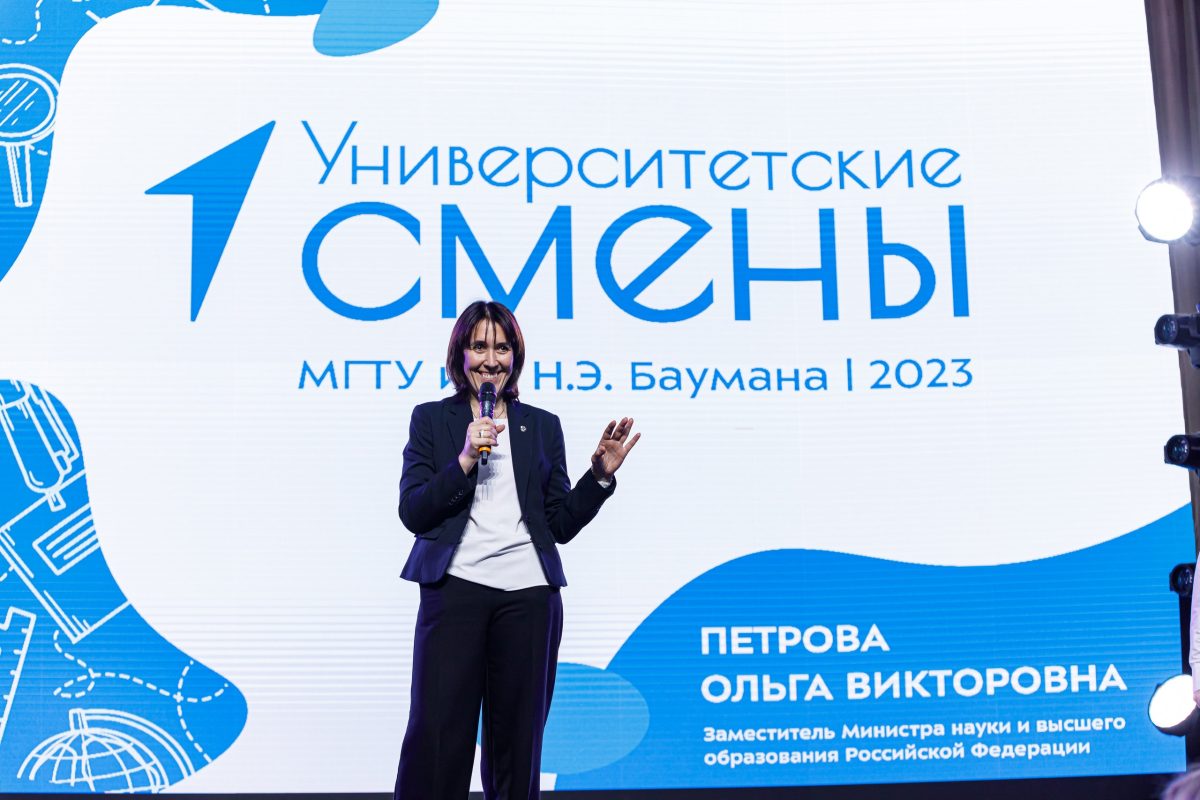

In addition, Olga Petrova, Deputy Minister of Science and Higher Education of the Russian Federation and the curator of the “University Sessions” programme, gave a speech focusing on the prospects for the future of Ukrainian children together with Russia and informed about the conditions for admission to Russian universities, as well as projects that are being implemented in Russia for children, including those from the TOT.
Regular visits of high-ranking officials of the Russian Federation indicate personal control and attention to the implementation of the “University Sessions”.
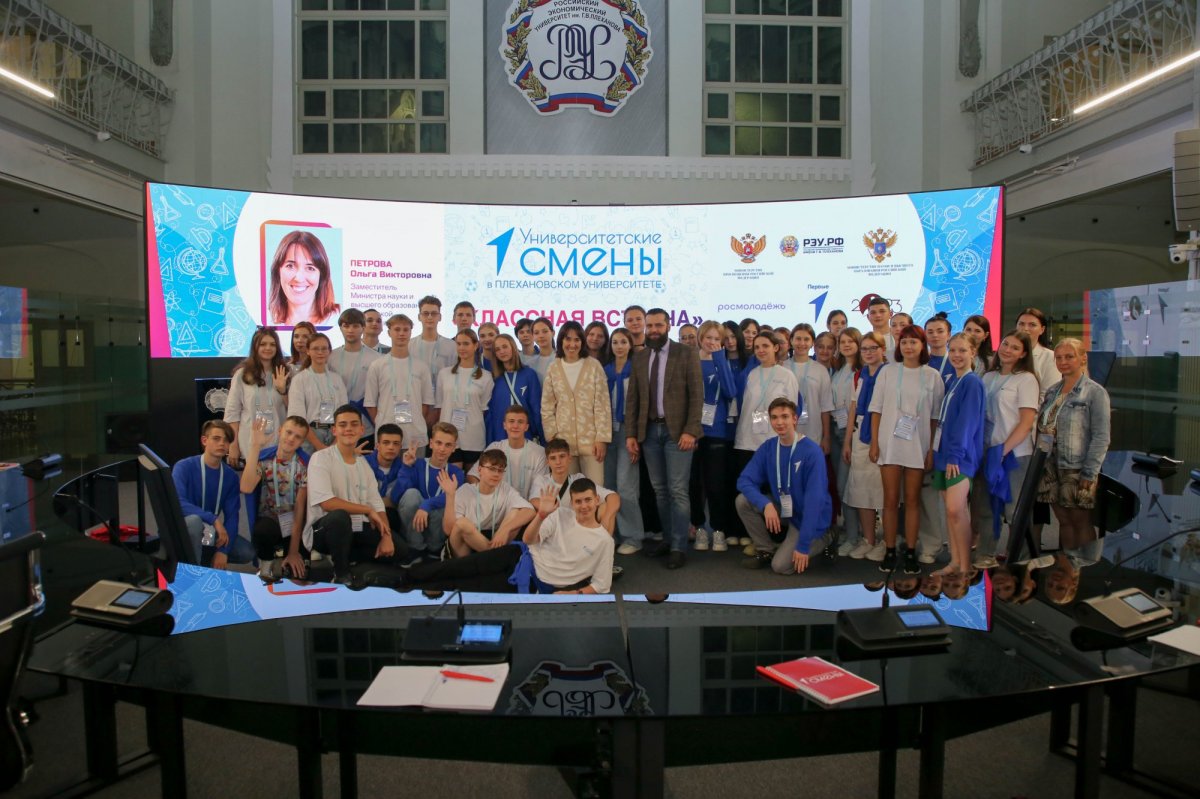

Militaristic orientation or what besides studying takes place in universities?
With the outbreak of the war of the Russian Federation against Ukraine in 2014, the open influence of the Ministry of Defense of the Russian Federation on the activities of universities began, and the expression “use of education as a weapon” was really embodied in the form of scientific research and development in the military sphere, attracting students to create inventions that are later used on the battlefield, as well as teaching students specific military specialties.
participation in military-technical developments for the needs of the Ministry of Defense of the Russian Federation:
- MSTU carried out the development of design documentation for the so-called “Jihad machines” for use in the area of the so-called SMO – armored vehicles designed on the basis of UAZ Patriot, GAZ Sobol and GAZ Sadko, equipped with machine guns and anti-tank systems commissioned by the government of the Chechen Republic.
- Plekhanov University presented the development of unmanned aerial vehicles at the exhibition that was a part of the International Military Technical Forum “ARMY-2023.” Furthermore, the university, together with Drone sports global, is developing an educational program for training operators of unmanned aircraft systems, which are likely to participate in the war against Ukraine. Moreover, the RUE concluded an agreement with the so-called DonNUET named after Tugan-Baranovsky (a university located in the TOT of Donetsk region and subordinate to the occupation authorities) on the creation of a joint R&D center for a distributed type of unmanned aircraft system and aircraft type.
scientific activity in the field of armament and training of military specialists:
- at the initiative of Russian Defense Minister Sergei Shoigu, the so-called military-scientific companies were formed together with military units of the air forces, in particular from among students and graduates of Russian technical universities. In 2023, representatives of these companies took part in the development of 28 scientific projects and upgrades in the field of weapons.
- RUE opened a military training center for the Ministry of Defense of Russia that became a basis for military training carried out for the Armed Forces of the Russian Federation.
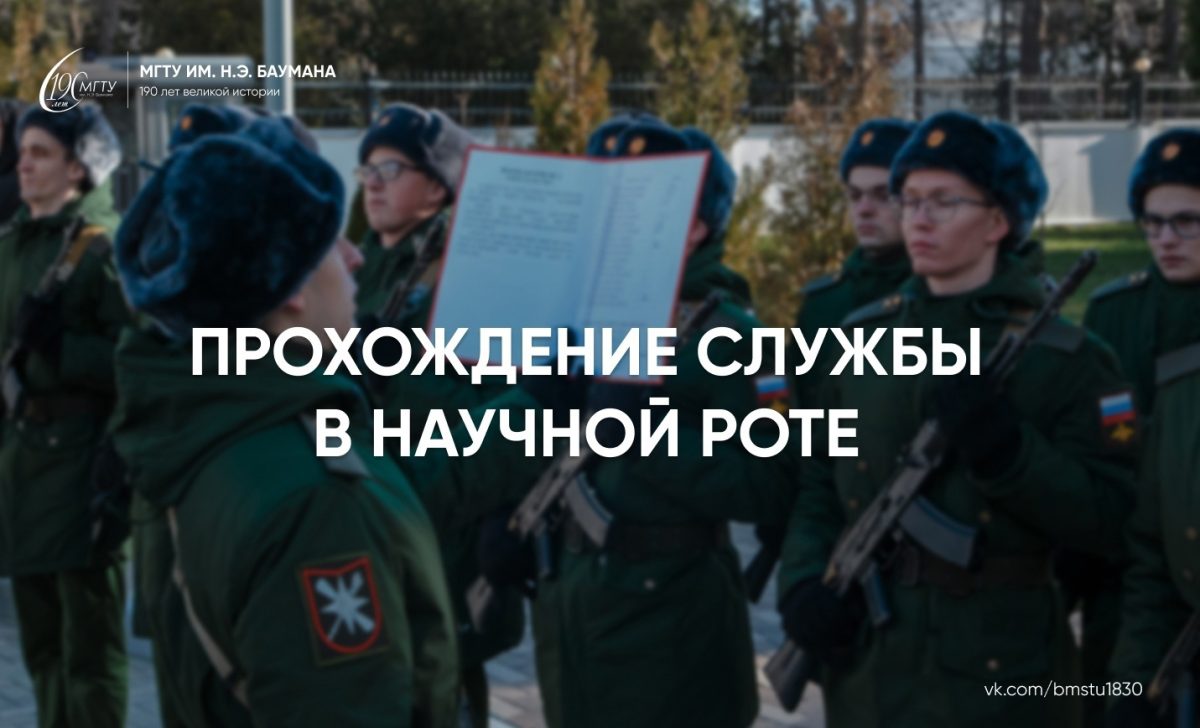

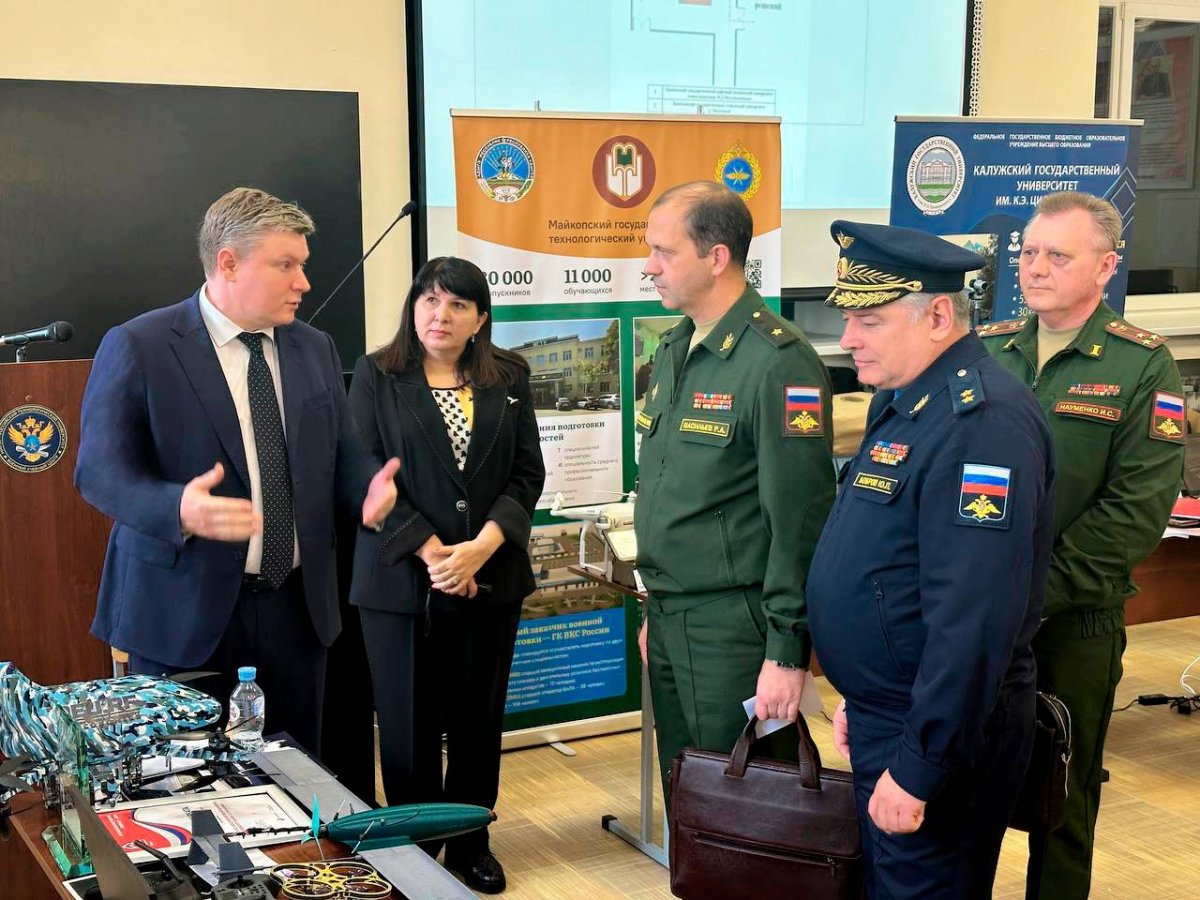

- By order of the Ministry of Defense of the Russian Federation at the expense of funds from the state budget of the Russian Federation, MSTU trains students in certain specialties, provided that the student signs a contract for further work in the structural units of the Ministry of Defense of the Russian Federation after graduation, as well as the possibility of concluding a contract for military service. MSTU trains specialists of the Main Research Test Center of Robotics of the Ministry of Defense of the Russian Federation, officers of radio engineering troops, including for participation in the war against Ukraine. In particular, in the specialties: “Ammunition and fuses,” “Materials science and technology of materials,” “Mechatronics and robotics,” “Navigation and ballistic support for the use of space technology,” “Ground transport and technological means.”
MSTU and RUE are among the largest educational institutions of the Russian Federation, which are influential and respected both in Russia and internationally, and the activities carried out by them are an example for other educational institutions and the scientific community to follow. Activities such as openly supporting the war in Ukraine, developing military technologies, training specialists to participate in the war in Ukraine, etc., are threatening, so the universities are responsible for supporting or implementing actions or policies that undermine or threaten the territorial integrity, sovereignty and independence of Ukraine.
Given the measure of illegality of the universities’ actions – indoctrination and Russification of Ukrainian children from TOT, our organization believes that there is every reason to terminate the connections of the foreign academic community with these universities. According to the data posted on the official website of MSTU, the university continues to cooperate under 113 agreements concluded with representatives of countries such as Turkey, Japan, Portugal, OAU, France, Finland, Germany, Slovakia, Bulgaria, Mexico, Latvia, Canada, Italy, Great Britain and others. The international activities of the RUE are even wider – partnerships with representatives around the world are announced on the official website. Therefore, only the complete isolation of the universities involved can cast doubts on the feasibility of continuing the implementation of Putin’s “University Sessions” Programme.
The publication was prepared by the Center for Civic Education “Almenda” with the financial support of the Czech organization People in Need Ukraine, as a part of the SOS Ukraine initiative. The content of the publication does not necessarily match their position.

